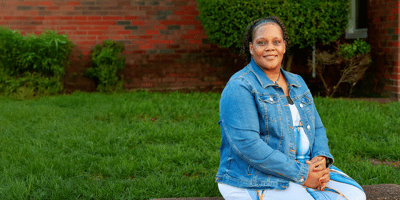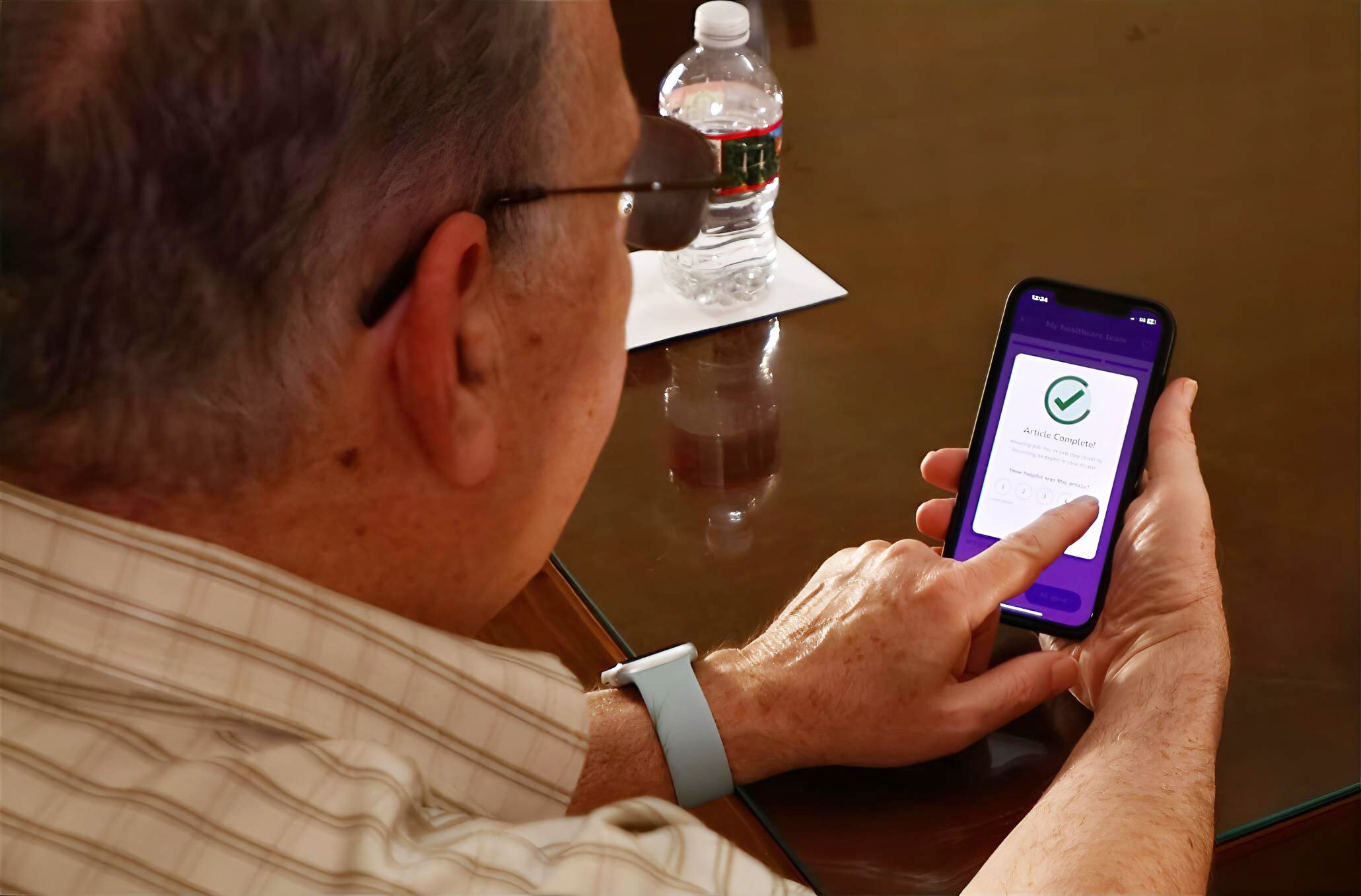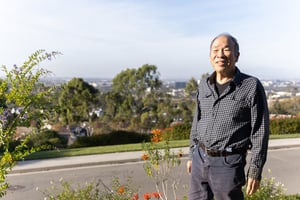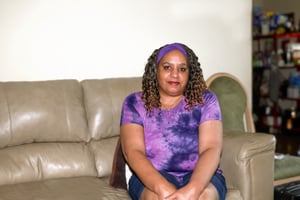
Survivor Stories
Meet
Bob
Bob and his wife Kathy were driving home from lunch when he suddenly felt disoriented. They pulled the car over. His son’s girlfriend, who had joined them for lunch, drove them home.
Then, Bob lost his balance when they exited the car and had trouble speaking. They decided to call 911. Paramedics took Bob to the emergency room, where he learned he had a stroke.
Kathy reflects, “It was a gorgeous day and we had no feeling that anything wrong was going to happen. And then something did– and now we’re feeling very vulnerable.”
In the hospital, Bob’s care team told and Kathy about Kandu. His wife downloaded his app, but they didn’t start the program right away. It felt like too much on top of the rest of the information in his discharge instructions.
Then, two weeks later, Bob had ended up in the hospital again. During his first hospital stay, he received contradictory discharge instructions for how to take his new blood thinners. The confusion regarding his medication led to complications, and he was readmitted to the hospital.
He felt overwhelmed and discouraged. “If this happened once and then two weeks later, it happened to me again, it’s like anything could happen to me, and this could be the end of me,” Bob says.
During Bob’s second hospital stay, Kathy received a pop-up notification from Kandu. She realized they needed extra support in managing Bob’s recovery. She decided to reach out to Kandu when they got home.
Leaning into the Kandu Program
“I loved the name,” Kathy says, reflecting on her first impressions of Kandu. Once they started the program, they were all in. “I think that just gave us both the feeling that somebody was there who understood all this,” she says.
Bob was committed to taking control of his health. “I wanted to learn as much as possible about what was going on with me and understand how to prevent it from happening again,” Bob says.
Once they joined Kandu, Bob says he immediately received support. He appreciated the on-demand education and resources available in the app. “I didn’t have to wait for anything to happen before I could get more information,” he said.
Bob is thankful for the support he received from his care team in the hospital, but he left with more questions than answers. “The doctors were good,” he says. “But I needed to have more conversations to understand what might be going on and talk about my specific issues.”
Kathy felt like Kandu filled that gap after Bob was discharged. “When you go home, Kandu can pick it up and take it from there– I think that’s exceptionally important,” she says.

"It takes a while to change how you think by talking out different things and asking questions until you're comfortable and confident. Changing how I thought about things helped me to have a much better life after the stroke."
Bob, Former Film Producer and Stroke Survivor
Living a better life after stroke
Like many stroke survivors, Bob had a lot of follow-up appointments. He needed to schedule appointments with his neurologist and other members of his care team. He was also struggling with aphasia and needed to access speech therapy.
The role of a Kandu Navigator is to assess where survivors are in their journey and help them with whatever they need most. In Bob’s case, this was preparing for his appointments and follow-up care.
“It was the first few months after the stroke that I needed extra help and advocacy,” Bob says. Bob’s navigator, Puja, provided that much needed support and helped him navigate what can be a daunting series of follow-up appointments.
Puja also encouraged Bob to join one of the support groups hosted by Kandu Ambassadors, who are stroke survivors themselves. “They understand what you’re going through and what resources, information, and help you need during those few months after the stroke event,” Bob says.
When Bob reflects on his experience with Kandu, he is thankful that the program helped him change his thoughts about his health. Through his conversations with Puja and the ambassadors, Bob worked to embrace the ‘new normal’ achievable by following his recovery plan.
“I got wonderful support,” Bob says. “Kandu empowers people to live a better life after a stroke.”
Learn more about Bob's recovery journey in our patient case study:
Serving Diverse Social Determinants of Health Populations with a Remote Stroke Recovery Program
Every patient's stroke recovery journey is unique. At Kandu, we work with stroke survivors and their care partners to create a recovery roadmap tailored to each patient's physical, mental, and social needs. In this case study, we compare the support Kandu provided to two different patients and the outcomes they achieved.
Sign Up for Business Updates
Recent Articles
8064.787.M


